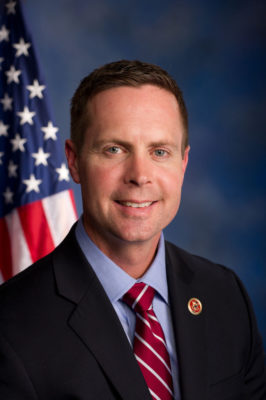Some small business owners are confused about whether or not Paycheck Protection Program loans are tax deductible or not. The IRS released guidance on April 30th stating that expenses related to the loans won’t be tax deductible.
Small business will not be required to repay the low-interest PPP loans they received as long as the money went towards essential expenses in maintaining the business like payroll. Usually, wages are deductible expenses and forgiven debt counts as taxable income.
13th District Congressman Rodney Davis explained the IRS’s direction in a Facebook live session on June 24th: “The Small Business Administration PPP loans are not tax deductible. The IRS has determined that you cannot take a non-taxable, forgivable loan and then also deduct it as a business expense. The way they explained it to me is if you were going to get paid for mileage if you were traveling to and from, let’s say to Springfield from your district for the General Assembly session, you could not also not deduct that same mileage as an unreimbursed employment expense. That’s the interpretation that we’ve gotten from the IRS. I’m happy to chat with anybody to delve further into that if you believe that interpretation is inaccurate.”
The IRS has said that deductions can’t be taken if they are tied to a certain class of tax-exempt income, like the PPP. Congress could override the IRS’s stance by passing a law that explicitly allows the deductions. Davis has said that businesses should call his office if they have further questions about the rule or if they feel that the IRS has ruled incorrectly. The IRS has previously allowed religious leaders and military service members to deduct property taxes and mortgage interest even if they’re receiving tax-free housing allowances, which would be similar in circumstance to the PPP loans.




